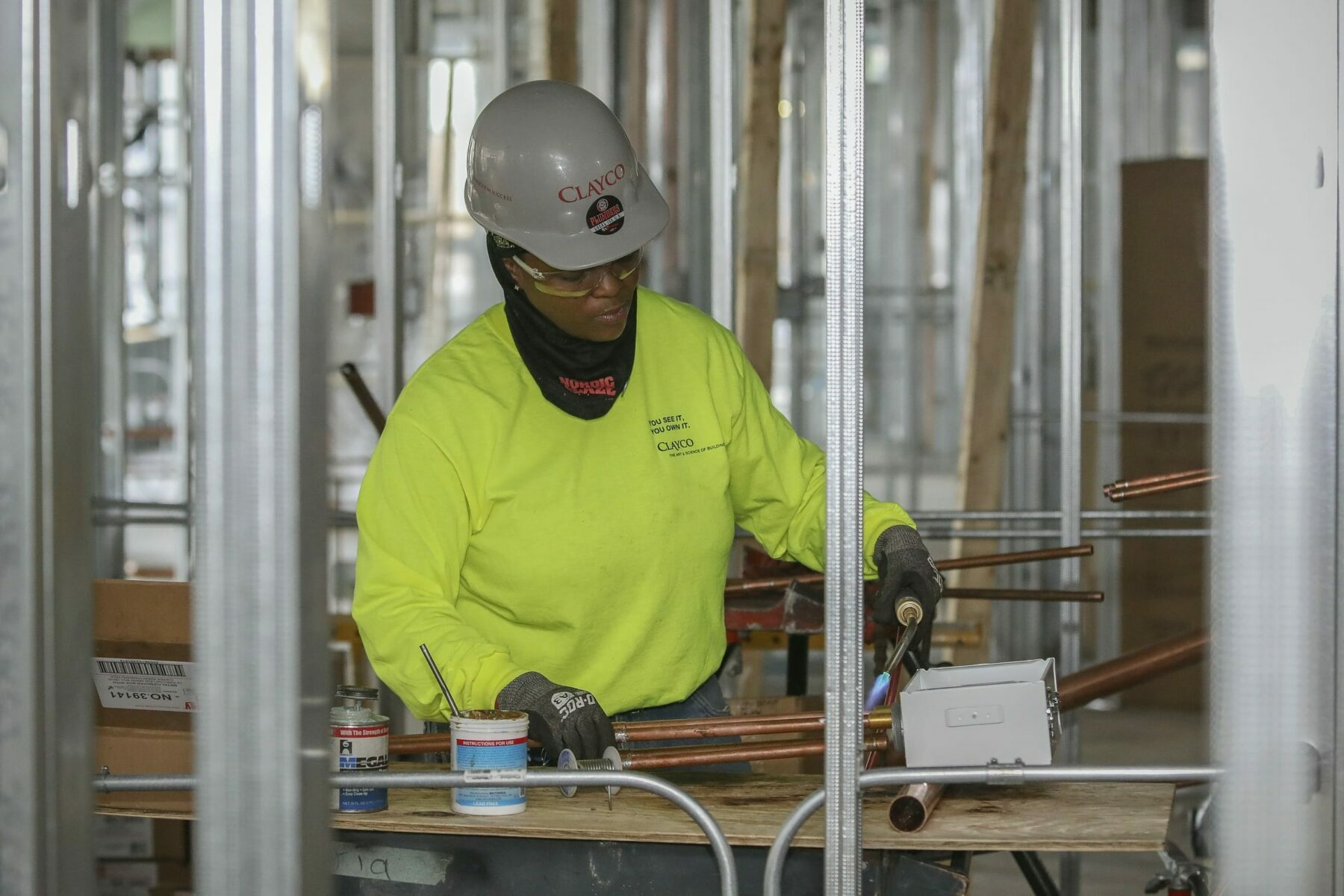(Washington Insider Magazine) -After two years of devastation for small businesses and revealing the obstacles still facing this fastest-growing group, the Small Business Administration is now putting more emphasis on women business owners. Small businesses that are owned by women, particularly those of color, have seen the fastest growth, but still face the greatest obstacles to accessing capital or support.
More women have left the workforce in the last two years than ever before. This has been accompanied by a growing work movement, which has seen more people quit their jobs to start their own businesses. Some cities and states have relaxed regulations regarding at-home businesses during the pandemic. This has allowed more people to start a business and encouraged people of color and women to look into that option due to lower entry costs.
Despite the fact that there are 12 million women-owned businesses across the United States, almost all of them are small. According to data from SBA, 90 percent of these companies have no employees. Women-owned start-ups still struggle to access capital and bank loans. They receive between 2 and 3 percent in venture capital funds. Because of the long-standing difficulties such as established banking relationships, even new programs like the Paycheck Protection Program have not been able to reach women’s businesses.
Guzman’s priorities include improving access to capital, counseling, and training, as well as federal contracts. The new office role will allow for more flexibility and help business owners in creative ways.
Recent legislation has been designed to expand small business opportunities for women. This Fall’s $1 trillion infrastructure bill includes $37 Billion in federal contracts through the Department of Transportation, which are specifically designed for small and disadvantaged businesses. The SBA will also continue its largest expansion in its history, opening new Women’s Business Centers within underserved communities. This will provide personalized, on-the-ground support for women entrepreneurs.
Guzman stated that this focus and the elevation for women’s business was an independent decision made by the SBA. However, it is also part of President Joe Biden’s equity directive. It will be in tandem with the White House Gender Policy Council equity strategy which directs government agencies towards promoting equity for women, LGBTQ+, and girls.
This strategy aims to encourage entrepreneurship and innovation that reduces gender discrimination in business and opens up more capital opportunities for women-owned businesses.


























